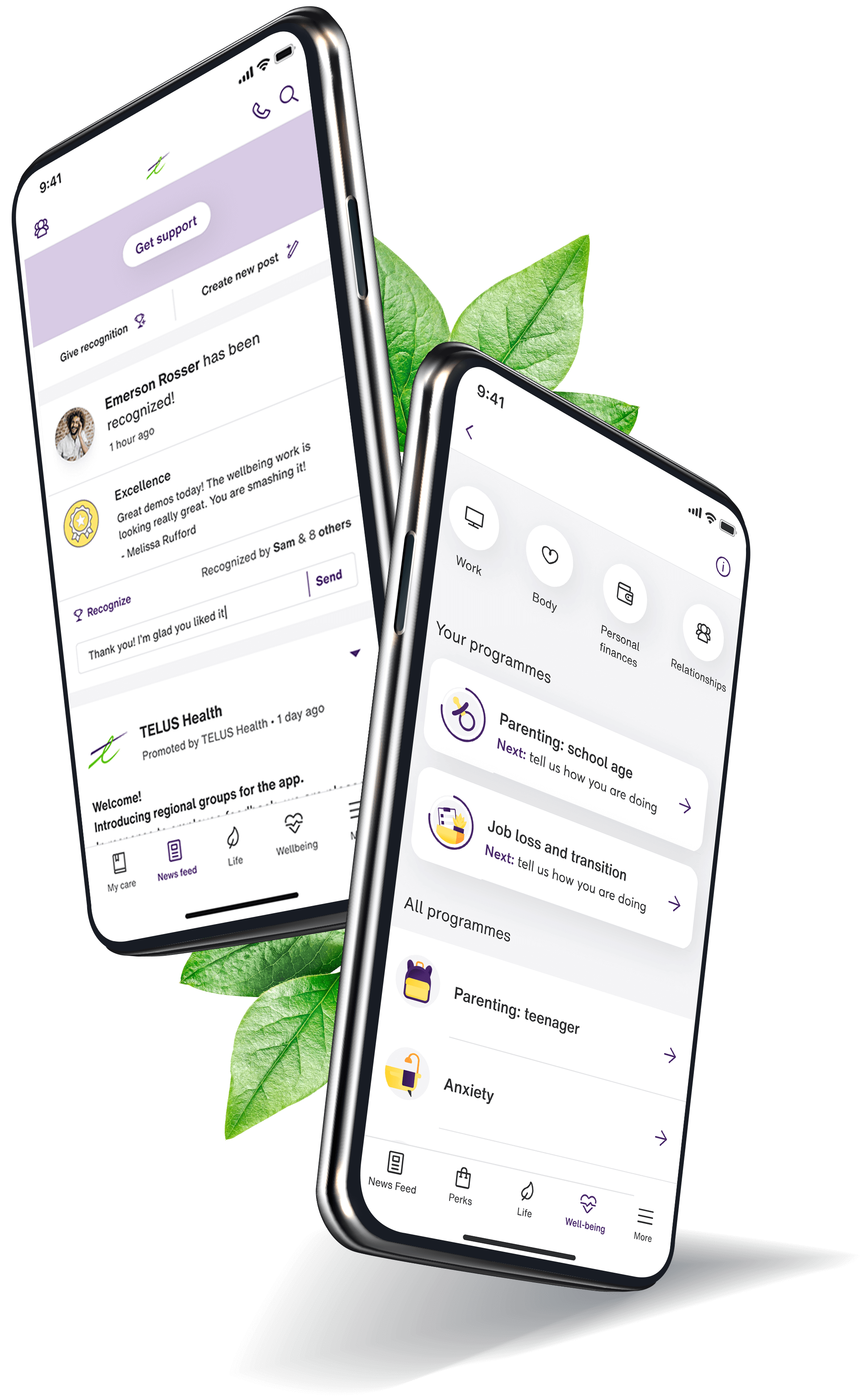Being a role model of resilience as a parent
There are several good reasons to model resilience for your children. People who respond positively to life's challenges and demonstrate resilience have more positive social relationships, lower levels of depression, better academic success, and better psychological wellbeing.
Children learn by what they see
For many parents, busy household commotion or walking through the door into chaos after a long day at work can be overwhelming. It's easy to snap at your loved ones, your partner, or even the family dog.
But being a model of resilience for your children, even on the days when you're feeling stressed or depleted, can make a difference in how they respond to and learn to handle frustration and challenge. Research on resilience shows some people have individual qualities, such as a good sense of humour or an easy temperament that help when dealing with stress; however, we all can learn to develop these skills and become more resilient over time. Your children witness everything and are learning by watching your actions—whether you realise it or not.
Tips on modelling resilience as a parent
Take advantage of the drive home. Rather than arriving home stressed, use your commute wisely to prevent these feelings from spilling over into your family life. Consider listening to your favourite playlist or a calming meditation podcast. Your commute is an opportunity to transition from work to home and better compose yourself so that greeting your child is a more positive interaction.
Talk about your day. Some parents feel they should hide disappointment or mistakes from their children. But by hearing you talk about what happened, they will see how you learned from the experience or worked out how to handle a setback. People who believe that mistakes are a natural part of learning are more confident about trying new things. So, teaching your children that mistakes are OK motivates them to develop interests that they enjoy and stay strong when things don't work out as expected.
Find an outlet. When parents cope well with everyday stress, they are showing their children how to do the same. It's easier to stay calm when you embrace various forms of healthy stress management. Some people engage in exercise to blow off steam, others meditate or practise yoga. Find healthy ways to deal with stress and explain to your child how the activity helps you stay more in control. Encourage your child to join you in these activities.
Take responsibility for your actions. No one is perfect, and part of role modelling resilience is admitting to your children when you've acted hastily or could have handled a situation better. Try using phrases such as: "Oops, I just made a mistake on this, but I can make up for it by being more careful next time" or "I'm sorry I shouted at you. Next time, I'm going to stop and calm down before I speak."
Express gratitude. After a gruelling week, it's easy for small setbacks to seem exaggerated or to feel misunderstood in interactions at work. However, expressing gratitude by looking for the positives in life is one of the most important strengths for building resilience. A positive outlook can help change a challenging situation into a manageable one. Young children copy the adults around them, and if they see their parents embracing a positive outlook, it is more likely they will develop one too.
Show empathy. Show empathy to your children and others. Empathy means seeing things from another person's point of view. This doesn't mean you have to agree with the other person. It just means that you are letting that person know that you understand how they feel. By helping your children feel understood and supported, it's easier for them to try to understand others. Empathy is the foundation for developing relationships and gathering the supports that build resilience.
Stop and think. When adults remain calm and stable in pivotal moments, children will learn that behaviour from them. For example, if something goes wrong and an exhausted or frustrated parent reacts in an exaggerated way, such as shouting, a child is likely to do the same when something goes wrong in their life. But if you show your children that you take a deep breath and respond in a more intentional and insightful way, then your child is likely to do the same.
Everyone has the capacity to achieve the resilience that will steer them through life's challenges. For parents, building it is an ongoing process, which is a great message to share with children.


